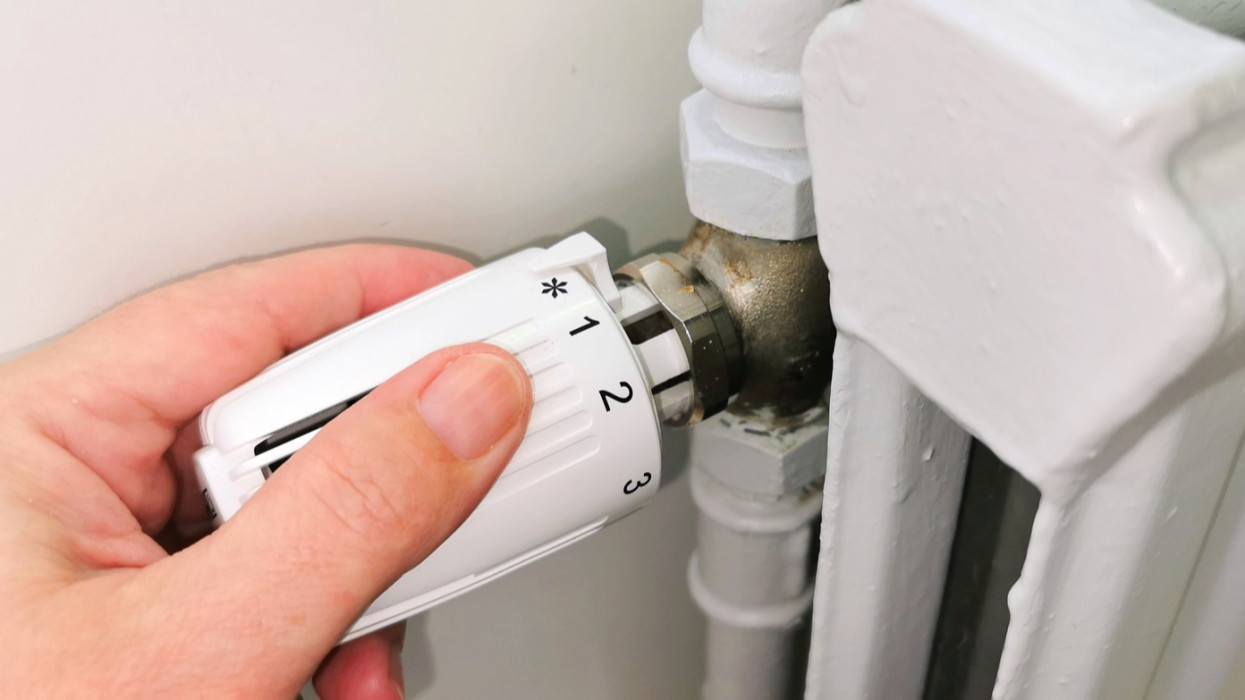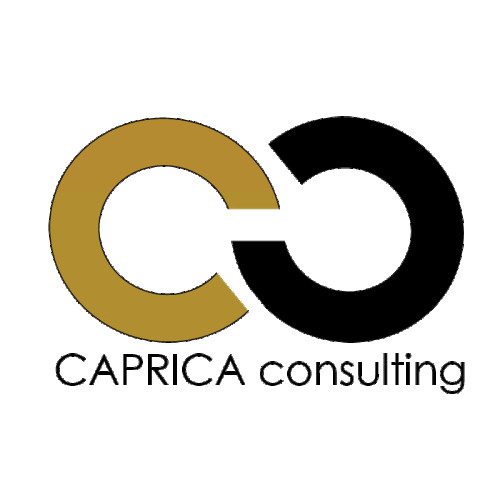The program focuses on expanding heat production based on renewable energy, which is crucial for achieving EU and national climate goals. The consultation ended on March 31 – the next step is to prepare implementation-ready projects.
Background of the call
According to EU objectives, greenhouse gas emissions must be reduced by at least 55% by 2030. In line with this, Hungary aims to raise the share of renewable energy to 30%. District heating – especially urban utility networks – holds significant potential in this regard, provided the source of heat production also becomes renewable.
The call, announced under the Jedlik Ányos Energy Program, addresses this goal: development proposals are expected with a budget of 51 billion HUF.
Who can take advantage of the opportunity?
The target group of the call includes:
- companies with a district heat production license,
- or economic entities that will obtain such a license by the end of the project and can prove cooperation with a district heating service provider receiving the heat.
An important restriction: consortiums cannot apply – only individual organizations. Further conditions include one fully closed business year and non-negative equity.
How much is the support?
The amount of non-refundable support ranges from a minimum of 200 million HUF to a maximum of 3.5 billion HUF.
The intensity of the support depends on company size:
- Small enterprises: up to 65%
- Medium-sized enterprises: up to 55%
- Large enterprises: up to 45%
What investments may receive the green light?
Independently eligible examples:
- Establishment of renewable-based heat production technology,
- Complete transition from non-renewable to renewable systems,
- Integration of heat storage and waste heat utilization into the system.
Additional, but not independently eligible activities:
- Preparation of public procurement procedures,
- Development of a feasibility study,
- Installation of smart control and data collection systems.
What to watch out for?
Not eligible for funding:
- Fossil-based heat production,
- Solar panel systems,
- Geothermal drilling,
- Renovation of existing district heating pipelines.
Supported developments must demonstrably contribute to reducing GHG emissions and achieving energy policy goals. Smart devices must also have security certification.
Strategic thinking required
The call presents not only a financial but also a strategic opportunity. Those who act now can ensure long-term operational sustainability, while also improving service quality and the company’s environmental reputation.
An additional benefit is that the support comes with a professional and regulatory framework: project implementation is based on FIDIC contracts, offering predictability and transparency.
For more information or advice, please fill out our contact form.


